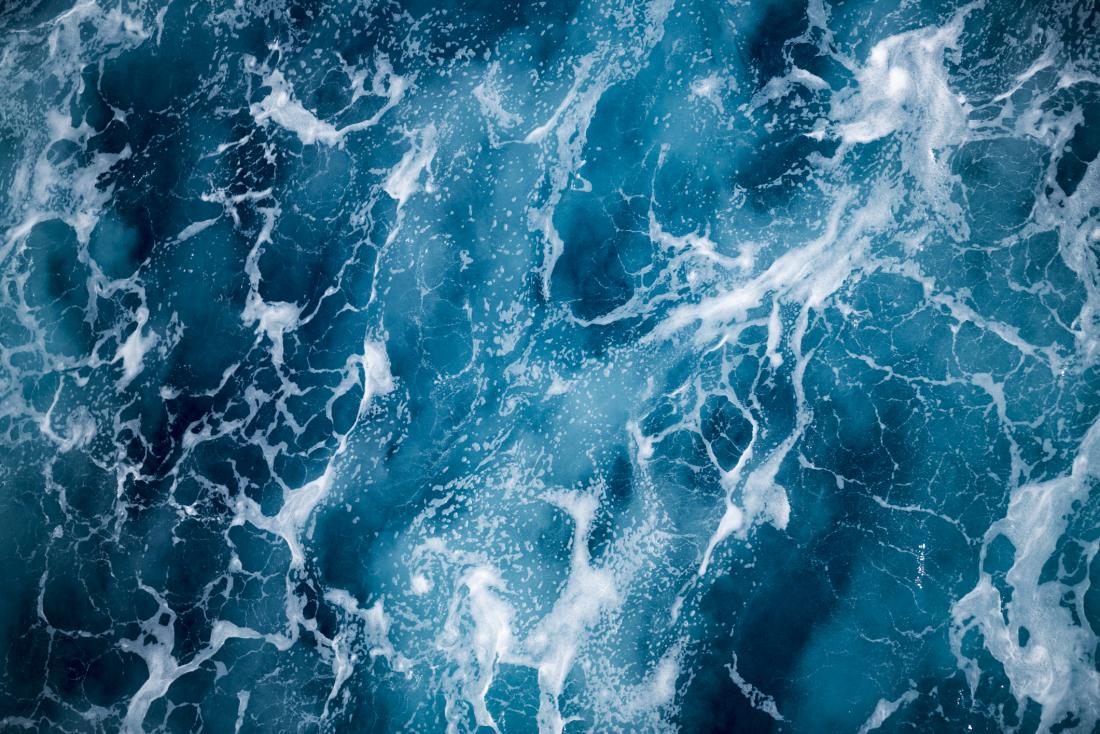Why scientists are searching the ocean for new drugs

As medical researchers continue their efforts to improve human health, some are turning their attention to the ocean because they believe that the Earth's seas might harbor novel disease-fighting chemistry.
The oceans cover more than two-thirds of Earth. As the adage goes, we know more about the surface of the moon than we do about the bottom of the ocean.
The sea's ability to transition from dark, explosive rage to serene, crystal-clear calm has terrified and beguiled humanity since we first visited the beach.
Given the vast, untapped nature of Earth's oceans, it makes sense to plumb their depths in the hunt for new and innovative treatments.
Marine animals, plants, and microbes have evolved a unique portfolio of chemicals to defend themselves and aid communication. Scientists are keen to know more about these novel compounds.
Why look to the sea?
There are a number of reasons why life in the sea has developed a distinct selection of molecules. For instance, animals that are anchored to the floor and do not have armor plating, such as sponges and corals, need to find other ways to defend themselves. In many cases, chemicals are their weapon of choice.
Additionally, marine creatures tend to have relatively primitive immune systems, and some live in overcrowded habitats, such as coral reefs, where defending themselves is a full-time job.
At the same time, organisms in the ocean need to attract some organisms and repel others. They also need to coordinate reproduction by synchronizing the release of eggs and sperm into the environment. All of these things require active biological molecules.
Animals and plants that dwell in the ocean sit and swim in a bath of bacteria, fungi, and other organisms intent on turning them into a meal or a home.
This diversity of threats has forced evolution to mount increasingly complex chemical battles. Some of the resulting compounds might be useful for our own war against disease.
"Consider [...] the universal cannibalism of the sea; all whose creatures prey upon each other, carrying on eternal war since the world began."
-Herman Melville, Moby Dick
Ancient seas
Medical researchers' fascination with the sea is nothing new. The first evidence of humans using medicines from the ocean comes from China in 2953 B.C.E. During the reign of the emperor Fu Hsi, there was a tax on the profits that came from fish-derived medicine.
Jumping forward a few thousand years to the 1950s, an organic chemist called Werner Bergmann isolated a number of nucleosides from a Caribbean species of sponge called Cryptotethya crypta.
These chemicals inspired the creation of a new generation of drugs, with scientists deriving two drugs called Ara-A and Ara-C from these nucleosides. Doctors use Ara-A to treat herpes infections and Ara-C to treat acute myeloid leukemia and non-Hodgkin lymphoma.
Over recent years, sourcing drugs from the ocean has experienced a resurgence of interest. Below, we provide a few recent examples.
